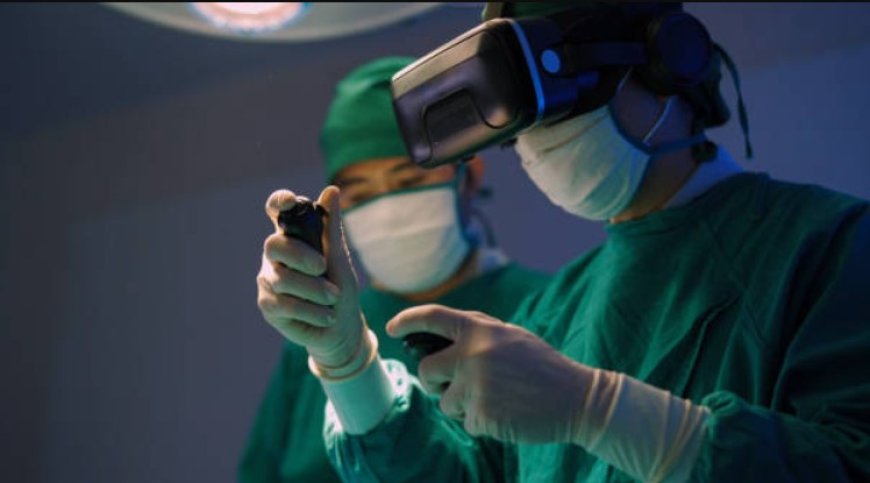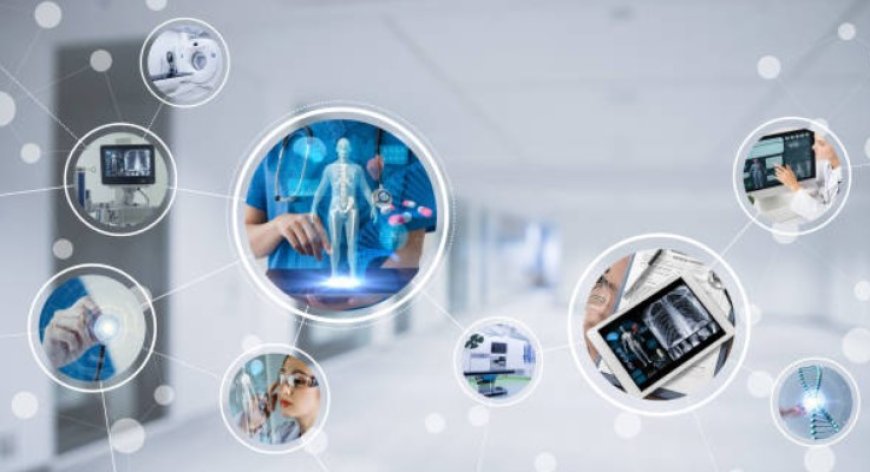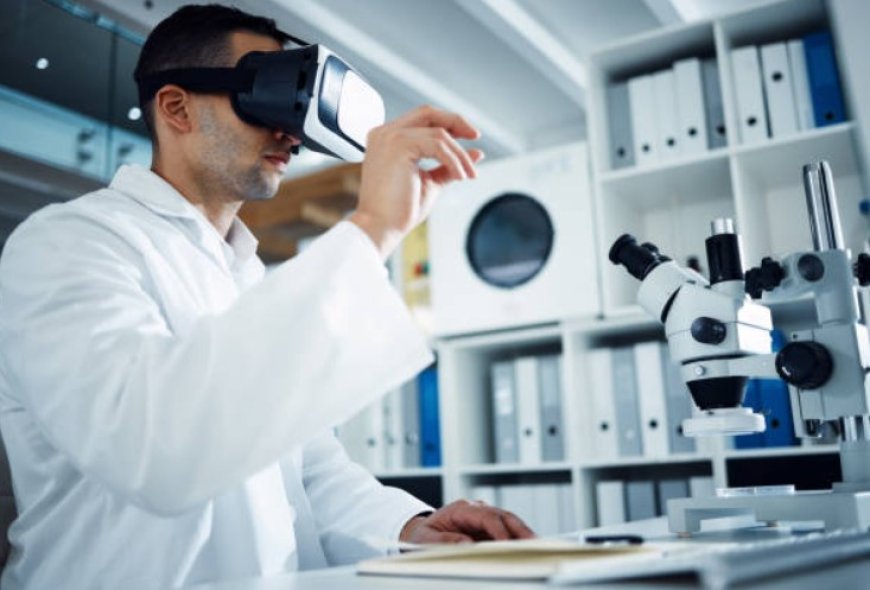Health technology: Transforming the way we care for ourselves
Healthtech is rapidly transforming the way we care for ourselves, making healthcare more accessible, affordable, and effective
Health technology is changing how we take care of ourselves.
Any technology used to advance human health falls under the umbrella of "health technology," or "healthtech." This covers anything from wearable technology that monitors our activity and sleep to cutting-edge medical imaging systems that aid in disease diagnosis.
The way we take care of ourselves is being quickly transformed by healthtech. Here are a few examples of how healthtech is improving access to, affordability of, and effectiveness of healthcare:
Wearable devices: Wearable technology, including fitness trackers and smartwatches, is gaining popularity. These gadgets can monitor our heart rate, sleep patterns, and level of fitness. This information can be utilized to spot potential health issues early on and to alter our lifestyles for the better.
Telephone medicine: Telemedicine is the practice of delivering medical care remotely. This can entail a doctor-patient video conference, ordering a medication online, or having a nurse check your vital signs while you're at home. Healthcare can be more easy and accessible via telemedicine, especially for those who reside in remote places or have transportation issues.
EHRs (electronic health records): The electronic health records of patients are stored digitally. EHRs can make it simpler for doctors and nurses to coordinate patient care and obtain patient information. EHRs can also aid in lowering medical mistakes and enhancing patient safety.
Medical imaging includes: Medical imaging technologies are evolving quickly, including MRI and CT scanners. These devices can give medical professionals in-depth views of the human body, which can aid in disease diagnosis and therapy planning.
AI (artificial intelligence): In several fields of healthtech, including drug research, medical diagnostics, and patient care, AI is being applied to provide novel solutions. For instance, AI is being utilized to create algorithms that can assist clinicians in making more accurate disease diagnoses and in creating individualized treatment regimens for patients.
Although healthtech is still in its infancy, it has the potential to completely alter the way we take care of ourselves. Healthtech can help us live longer and healthier lives by enhancing access to, affordability of, and effectiveness of healthcare.
Here are a few instances of how health technology has helped people's lives:
* A wearable gadget that monitors a person's blood sugar levels can aid in better diabetes management.
* A person can receive a diagnosis and treatment for a mild disease via a telemedicine platform without having to leave their home.
* A patient's doctors can coordinate their care and prevent unnecessary tests and procedures with the use of an EHR system.
* A medical imaging system can assist a physician in making an early tumor diagnosis, when it is most amenable to treatment.
* A doctor can create a customised treatment plan for a cancer patient with the aid of an AI-powered algorithm.
The subject of healthtech is expanding quickly, and new ideas are constantly being created. The prospect of health technology enabling us to live longer, healthier lives in the future is fascinating.
















































































































































































































